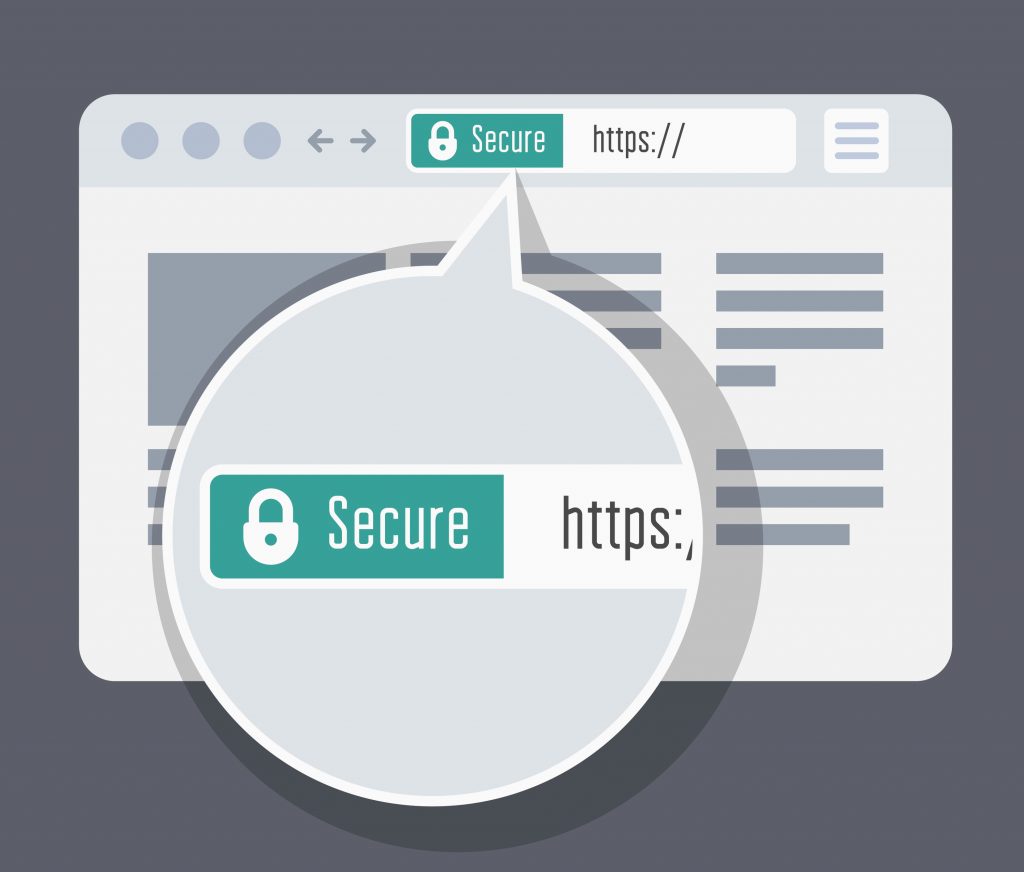|
Ever wondered why some websites begin with http://and others with https://? That “s” stands for secure, and it means that the site you’re browsing is using a protected, encrypted connection. This security measure has become increasingly important for all sites on the web both to protect users information and to improve SEO.
So what is an SSL certificate?
A SSL certificate as a data file from a trusted provider that gets embedded in your website. Think of it as saying, “I own this site, and I am who I say I am” with a key that encrypts any web traffic between your site and server so its not readable to prying eyes.
An SSL certificate is a digital certificate that authenticates the identity of your website, coupling together your domain name, company name, and location with a unique cryptographic key. Once that certificate is installed on your web server, your site has established a secure session with the web server via an HTTPS connection something visitors will be able to know by the padlock icon next to the URL or another visual, depending on the browser.
This is your way of telling your customers that their information is safe with you an excellent way to boost trust and loyalty, as well. Its level of web security that isn’t just a nice to have any more, SSL encryption is essential for bolstering security for your network and users alike.
The Process of Changing from HTTP to HTTPS
Migrating your website from HTTP to HTTPS is a straightforward process for your web developer to complete for you. Some of you may have the knowledge to DIY.
- Purchase an SSL certificate
- Install your SSL certificate on your sites hosting account,
- Double check all of your links. Any URL not updated from HTTP to HTTPS will break after the migration.
- Notify Google and other search engines of your website change by setting up 301 redirects from HTTP to HTTPS. This way, anyone who has bookmarked a page on your site is automatically redirected to the new HTTPS address after you finish the switch. Since the Search Console treats HTTP and HTTPS separately, if you have pages that use both, you will need to create a separate Search Console property for each one.
Not convinced you need an SSL certificate for your site? Heres a quick summary of what implementing SSL encryption on your site will provide:
- Better SEO ranking. SSL and HTTPS are not only valuable to security, but they’re also going to be helpful when it comes to SEO, e-commerce, and visual notifications about the security of a page in Google Chrome. The Google Security Team announced that the 56th version of Google Chrome will visually alert users when they’re not on a secure website with an SSL certificate. Safer, more secure data transfer between servers, with less chance of interception. However, it’s not foolproof and does not prevent hacking 🙁
- Increased trust with customers.
- SSL is required for Payment Card Industry (PCI) compliance.
|





